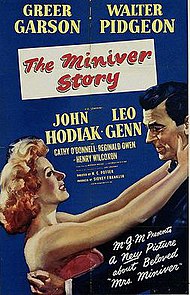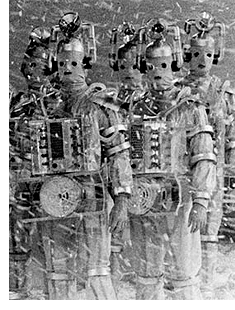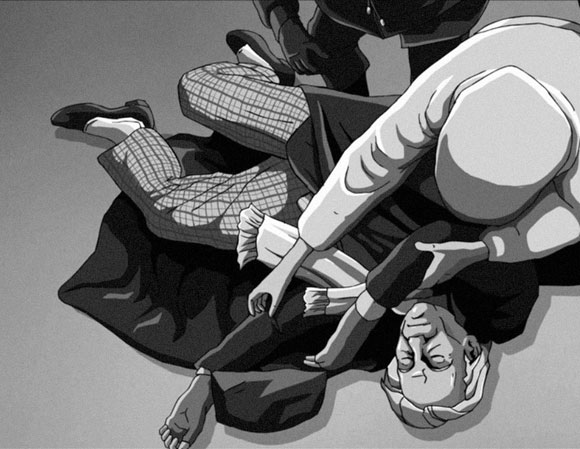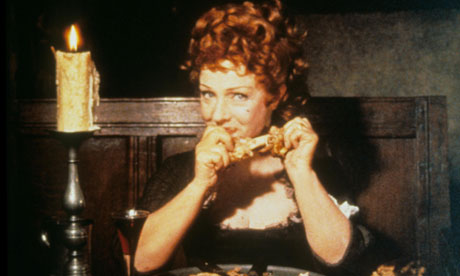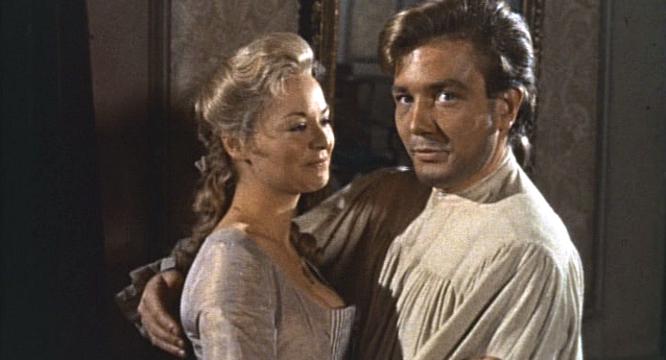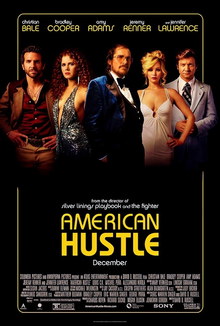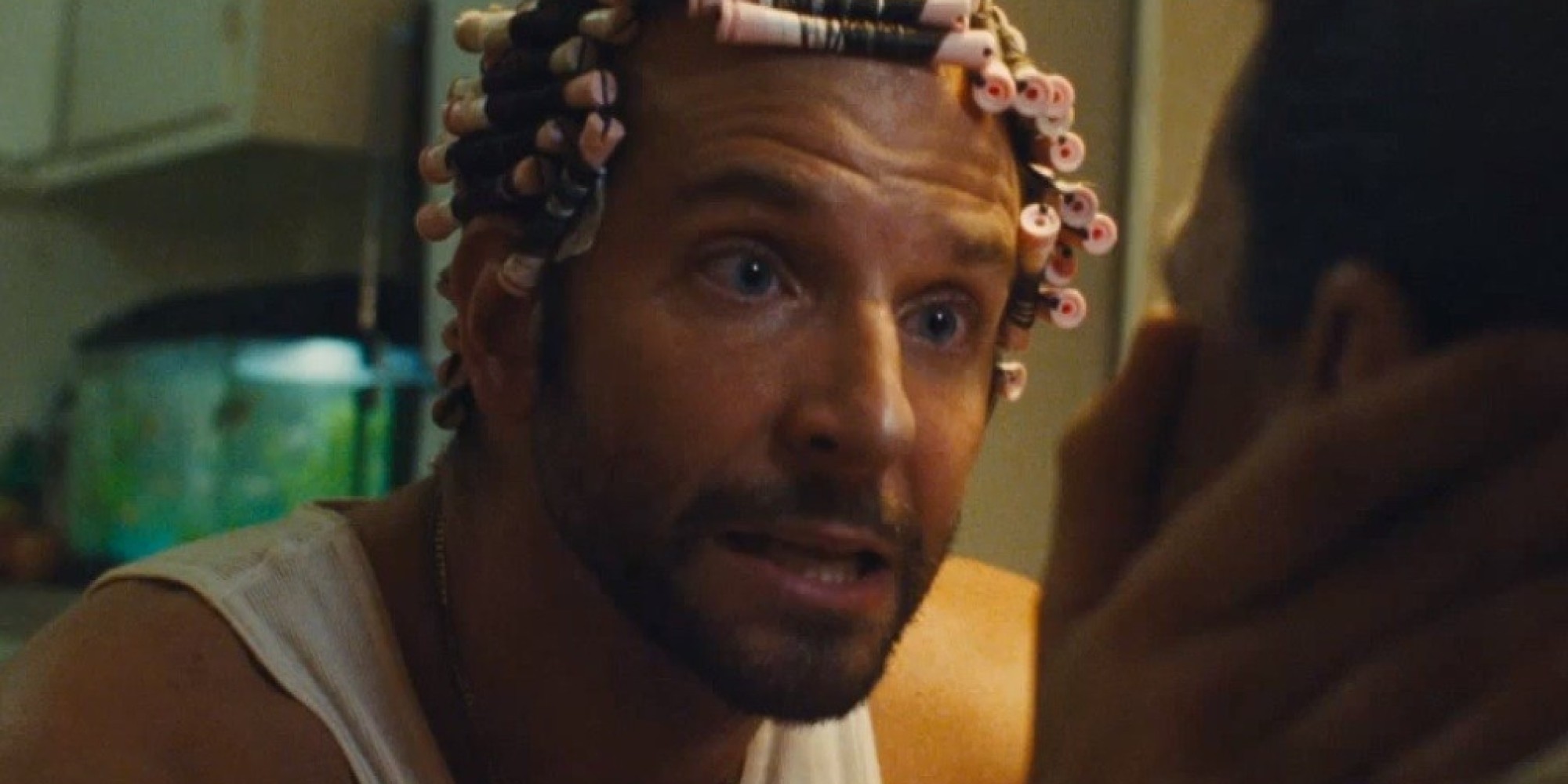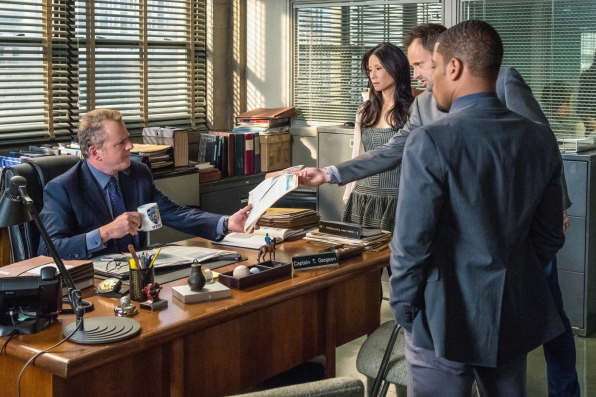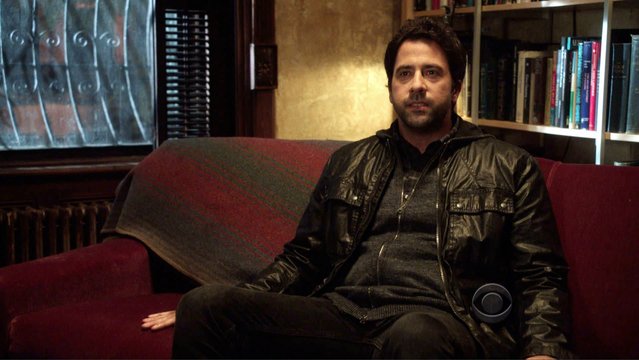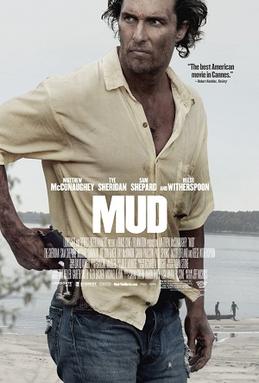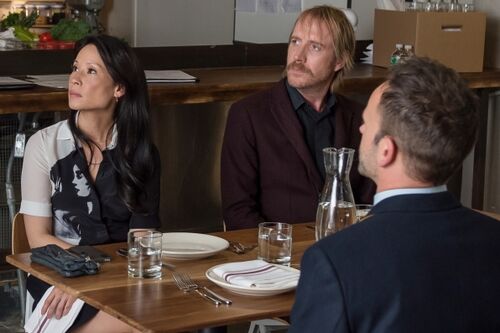THE MINIVER STORY
The Blitz Revisited...
Following the success of Mrs. Miniver, MGM opted to do something that was rarely done back in the 'Golden Age of Hollywood': create a sequel. The Miniver Story, coming eight years after the 1942 Best Picture winner, has some positives. Greer Garson and Walter Pidgeon show they still have excellent chemistry together. Apart from that The Miniver Story is a total drag, dull and I'm tempted to say given the plot, shockingly lifeless, dampening all that was good about Mrs. Miniver in order to trade on the name.
Clem Miniver (Pidgeon) relates 'Kay's story' through most of The Miniver Story through voice-over. It is London, VE Day. Kay Miniver (Garson) learns of the news along with other Britons at a coffee shop after having stopped at a doctor's office. She is naturally happy but maintains that natural British restraint. Returning to her suburban home, she encounters Tom Foley (Richard Gale), who has known the Minivers since he was a child. Tom Foley (not to be confused with the former Speaker of the House) tells Kay about her daughter Judy. He squired her around Cairo, where she was during the war (her brother Toby having been sent to America). Judy may have gone out with Tom, but she was really madly in love with Brigadier Steve Brunswick, who was also in Cairo. At the celebratory party in the village, the ever-proper, ever-classy Mrs. Miniver must say farewell to Spike (John Hodiak), the American soldier whom she has been seeing while her husband was at the front. Spike tells her that he loves her, but knows that it's one-sided (and the fact he has a wife in America makes things a little dicey too).
In short time the Minivers are finally all reunited, Clem finally having returned from Hamburg. Toby (William Fox, better known as James Fox today) has brought jazz and, horror of horrors, BASEBALL, to Britain, while Judy (Cathy O'Donnell) has brought her father great news: she's in love with an older and married man! There are still more issues the Minivers face: an ignorant Clem is unaware that Kay is fighting for her life. We soon learn that she has six months to a year to live, and she keeps this a secret. Clem dreams of going to Brazil for a new start and Judy dreams of marrying Brunswick. It's up to the cool Mrs. Miniver to sort them all out. With Brunswick, Kay, in her genteel way, shows him that they are simply too different to make a good pair. The artistic and sophisticated Brunswick could never elevate the conventionally middle-class Judy to his level. Her heart broken, Judy is at first angry with her mother, until Kay uses the letter she received from Spike to show how love affairs started in war may eventually die out. With that, the road is clear for Judy to marry Tom Foley, whom she made love with while in Cairo. Kay lives long enough to see her daughter married, and has enough time to tell Clem of her impending death. Now, four years have passed since Kay left (placing the story in 1949), and he ends 'Kay's story'.
 |
| Nobody will watch this, so our reputations will survive. |
The Miniver Story's first mistake was in being made. All other mistakes stem from that. Despite protests to the contrary by Clem Miniver in voice-over narration, The Miniver Story isn't Kay Miniver's story at all, not by a long shot. So often in The Miniver Story we wander away from Kay to the Judy/Tom/Brunswick subplot, which given the times was quite brazen. Judy was seeing a married man and Tom says they used to make love in Cairo, which to me goes beyond mere 'dating'. Furthermore, we have a story where a young girl is basically serving as a mistress, and while my disapproval may be marked as prudishness, it is surprising that her solidly British parents aren't horrified by all this. Instead, they seemed rather unmoved by it all. I never once believed that Clem or Kay would not have something to say about their daughter running around with a married man. Add to that the idea that while this is "Kay's story", Clem has unusual access to information he probably wouldn't have had. How would he know about Spike when Kay I don't think mentioned him at all? How would he know about Judy 'making love' to Tom in Cairo or Kay's conversation with either her doctor or Brigadier Brunswick?
Again, how is any of that KAY'S story?
The question about Mrs. Miniver's own private affairs are also left unanswered. Yes, her going around with Spike may have been totally above-board, but it does make one wonder if, perhaps even just once, the elegant epitome of British wartime resolve didn't give in to the pleasures of the invading American. The fact that Hodiak appears for probably less than ten to fifteen minutes in The Miniver Story also makes one wonder how he got third billing. That plot element is introduced, but never explored and if it weren't for Judy's scandalous love life, never mentioned again.
I also think another mistake is in how The Miniver Story romanticizes the immediate post-war period. The world of the Minivers in 1945 doesn't squire with how it was. There doesn't seem to be any shortages of anything. Yes, coupons and rations are mentioned, but from what we see in the film, there was always food on the table, the homes were in almost impeccable condition (almost like they were in the Hamptons) and there is very little suggestion that there was anything like a war around them.
In terms of performances they were all pretty awful save for Garson. Pidgeon, who on the whole was a good actor, was terribly one-note as Clem. When he sees Kay in physical pain, he has very little reaction. He tells her that with regards to worrying about her condition, "I'm scared stiff", but he might have well been asking if the mail had come in the way he delivered it. O'Donnell just came off as whiny as Judy the Tramp, and Hodiak wasn't convincing as Mrs. Miniver's potential lover. George Froeschel and Ronald Miller's screenplay also had some very bizarre turns (at one point in Pidgeon's overdone voice-over, he appears to wax rhapsodic about both the Labour government voted in right after the war and even the nuclear bomb). H.C. Potter also could never direct the actors to make them other than yes, one-note (gruff, elegant, affable), and his attempts at comedy (Clem trying for a homerun inside the house for example), felt forced.
The worst and most idiotic decision in The Miniver Story was to ignore the source material in one large respect. In Mrs. Miniver Clem and Kay had THREE children, and a major subplot was that of their oldest, a son named Vin. Richard Ney portrayed Vin in Mrs. Miniver, and while I thought he gave a bad performance the character was established in the film. The Miniver Story makes absolutely no mention of Vin whatsoever, as if he never existed. The reason is obvious: Greer Garson had started an affair with her on-screen son, eleven years her junior, during the making of Mrs. Miniver and had married him afterwards. In the interim between Mrs. Miniver and The Miniver Story they had divorced, so it was understandable that she didn't want to see him again. However, there was no logical reason to basically excise him altogether. They might have mentioned that he had been killed in the war, which would have added a touch of more tragedy into the story. It would also have allowed Garson a delicious scene where she visits her 'son's' grave.
I'd say only pettiness on the part of the elegant former Mrs. Ney removed an important character from the first film from appearing in the second. There's no logic to it, and frankly putting Vin into The Miniver Story wouldn't have made it any better, but it certainly couldn't have made it any worse than it ended up being.
It's only in the last ten to fifteen minutes that The Miniver Story becomes watchable, and actually quite beautiful. The sequence where Kay finally tells Clem of her impending death has voice-over, but it is also complimented by a beautiful backward tracking shot where they are reflected on the water, the camera keeps pulling back to show more beauty and making this moment extremely tender and sad. When the Minivers dance together one last time, and then later on when Kay walks upstairs to her 'death', it is visually beautiful and actually moving. However, by this time it is just too late to save The Miniver Story from being dull, stiff, and generally uninteresting to anyone other than a die-hard Greer Garson or Walter Pidgeon fan. Everyone else will wonder why we should care.
In the end The Miniver Story proves that 'The Golden Age of Hollywood' suffered from the same errors of judgment that films of today have. They don't know when NOT to make a sequel and leave well enough alone.
 |
| Whatever happened to Vin? |
DECISION: D+
